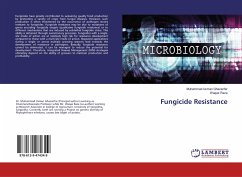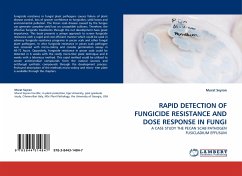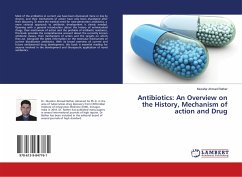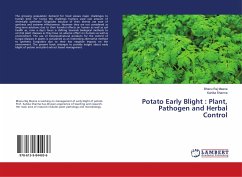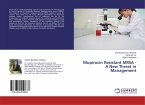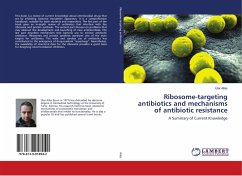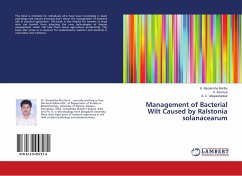Fungicides have greatly contributed to sustaining quality food production by protecting a variety of crops from fungal diseases. However, such production is often threatened by the occurrence of pathogen strains resistant to fungicides. Fungicide resistance may be due to mutations of genes encoding fungicide targets (qualitative fungicide resistance) or to different mechanisms that are induced by sub-lethal fungicide stress. This ability is obtained through evolutionary processes. Fungicides with a single-site mode of action are at relatively high risk for resistance development compared to those with a multi-site mode of action. Repeated applications during a single or across multiple growing seasons lead towards the development of resistance in pathogens. Basically, fungicide resistance cannot be eliminated, it can be managed to reduce the potential for development. Therefore, Integrated Disease Management (IDM) strategies ultimately depend on the ability of growers to maintainproduction and profitability.
Bitte wählen Sie Ihr Anliegen aus.
Rechnungen
Retourenschein anfordern
Bestellstatus
Storno

